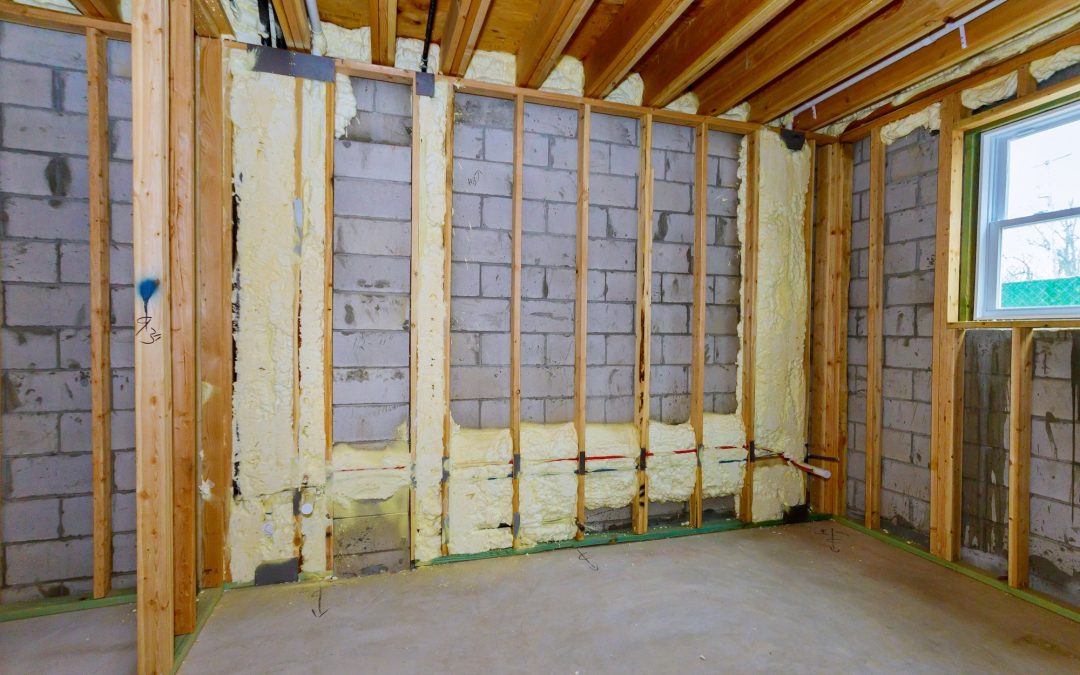Basement water damage is a common problem for homeowners. This is due to the fact that basements are often subject to flooding from natural causes, such as heavy rains and snowmelt. Additionally, basements are at risk of water damage caused by plumbing issues, such as leaking pipes or water heaters. In any case, it’s important to identify the source of the problem and develop an action plan to prevent it from happening again.
Flooding from Heavy Rains
One of the most common causes of basement water damage is flooding from heavy rains. If your home is located in an area that receives a lot of rainfall, it’s important to make sure your basement is well protected from potential flooding. This can be done by installing a sump pump, which will help pump out any excess water that may enter the basement. Additionally, waterproofing the basement walls and floors can help keep water from seeping in. If waterproofing isn’t an option, installing a backflow valve can help prevent water from entering the basement.
If your home is already experiencing flooding from heavy rains, there are steps you can take to minimize the damage. For instance, it’s important to remove any furniture or other items from the basement that could be damaged by water. Additionally, using a wet-dry vacuum can help remove standing water, and using dehumidifiers can help get rid of excess moisture.
Plumbing Issues
Another common cause of basement water damage is plumbing issues. Leaks from pipes or water heaters can cause water to enter the basement, leading to costly repairs. It’s important to keep an eye out for signs of plumbing issues, such as a damp spot on the floor or walls, or a musty smell. If you notice any of these signs, it’s important to contact a plumber right away to help identify the source of the problem.
Once the source of the leak has been identified, it’s important to take action to prevent further damage. For instance, if the leak is coming from a pipe, it’s important to replace it as soon as possible. If the leak is coming from a water heater, it’s important to have it serviced and inspected regularly to ensure it is in good working condition.
Cracks or Gaps in the Foundation
Cracks or gaps in the foundation are another common cause of basement water damage. These can be caused by changes in the soil or temperature, or from foundation settling over time. It’s important to inspect your basement regularly for any signs of cracks or gaps, and to contact a professional to help seal them if necessary.
If you do find cracks or gaps in the foundation, it’s important to take action to prevent them from getting worse. To do this, you’ll need to make sure that the soil around your home is properly graded so that water can’t pool around the foundation. Additionally, it’s important to insulate the basement to help keep the temperature constant.
Prevention Tips
While basement water damage can be a major issue, there are steps you can take to prevent it from happening in the first place. Here are a few tips to help keep your basement safe from water damage:
- Install a sump pump to help remove excess water.
- Waterproof the basement walls and floors.
- Install a backflow valve to prevent water from entering the basement.
- Inspect the basement regularly for signs of plumbing issues.
- Have your water heater serviced and inspected regularly.
- Check for any cracks or gaps in the foundation, and seal them if necessary.
- Make sure the soil around your home is properly graded.
- Insulate the basement to help keep the temperature constant.
By taking the necessary steps to prevent basement water damage, you can help keep your home safe and dry. If you’re looking for more information about how to protect your basement from water damage, Perma-Dry Waterproofing can help. They offer a variety of services to help protect your basement from water damage, including waterproofing and insulation.
By taking the necessary steps, you can help protect your home from costly water damage. If you’re looking for more information, contact Perma-Dry Waterproofing today to learn more about how they can help.

